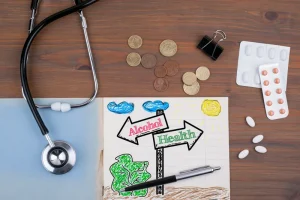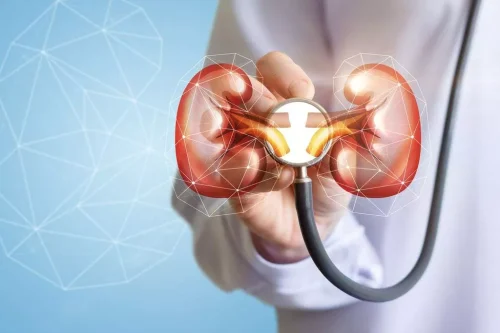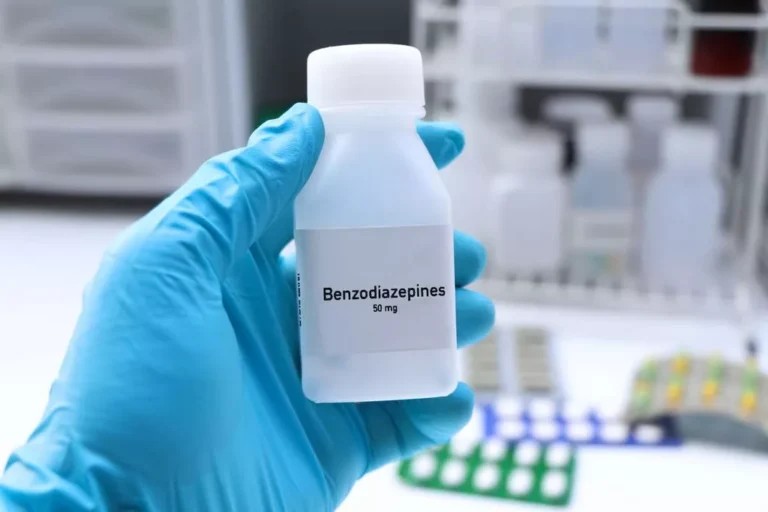
The symptoms of alcohol poisoning result from very high levels of alcohol depressing critical bodily functions. These functions include breathing, heart rate, body temperature, and gag reflex. Alcohol poisoning happens when there’s too much alcohol in your blood, and parts of your brain shut down. https://ecosoberhouse.com/ It’s caused usually by binge drinking and can lead to death or brain damage. If you see signs of alcohol poisoning, such as throwing up, seizures, slow breathing, or severe confusion, don’t hesitate to call 911. It is dangerous to assume that an unconscious person will be fine by sleeping it off.
What is Acute Alcohol Intoxication?
Your liver usually does a good job of keeping alcohol’s toxins from getting into your bloodstream. But if you drink a lot in a short time, your liver may not be able to keep up. The good news is that it’s possible to survive alcohol intoxication if appropriate medical treatment is given promptly. After an episode of alcohol intoxication, it takes time to recover. The person will be hospitalized until their vital signs return to normal.
Alcohol Poisoning Complications

Excessive alcohol consumption can cause fat to build up in your liver. This can lead to inflammation and an increase in scar tissue, which can seriously impact your liver’s ability to function as it should. Some people with severe alcoholic hepatitis may need a liver transplant. Alcoholic fatty liver disease is also called hepatic steatosis.
Smart drinking tips

Know the danger signals, and if you suspect that someone has an alcohol overdose, call 911 for help immediately. Do not wait for the person to have all the symptoms, and be aware that a person who has passed out can die. Don’t play doctor—cold showers, hot coffee, and walking do not reverse the effects of alcohol overdose and could actually stages of alcohol poisoning make things worse. BAC can continue to rise even when a person stops drinking or is unconscious. Alcohol in the stomach and intestine continues to enter the bloodstream and circulate throughout the body. Alcohol poisoning is the presence of so much alcohol in the blood that it alters the function of the brain and other organs.
Unhealthy alcohol use includes any alcohol use that puts your health or safety at risk or causes other alcohol-related problems. It also includes binge drinking — a pattern of drinking where a male has five or more drinks within two hours or a female has at least four drinks within two hours. Binge drinking causes significant health and safety risks. Generally, once your blood alcohol concentration (BAC) is 0.40 percent or over, it’s dangerous territory. Some people have a headache a few hours after drinking wine — especially red wine. But it’s different from a hangover, which may or may not include a headache.
- Consider talking with someone who has had a problem with drinking but has stopped.
- If you think someone has alcohol poisoning, get them medical help as soon as possible.
- Despite many people gaining a pleasant intoxicating effect from alcohol, the substance is a depressant.
- BAC can continue to rise even when a person stops drinking or is unconscious.
- In addition, mental health disorders are often a part of the health history of those affected.
- Always consult a medical provider for diagnosis and treatment.
Things you can do to help someone who has drunk too much alcohol


